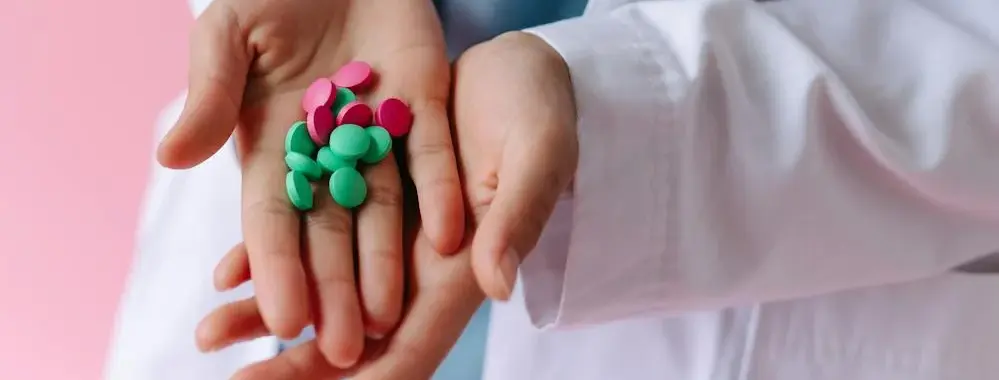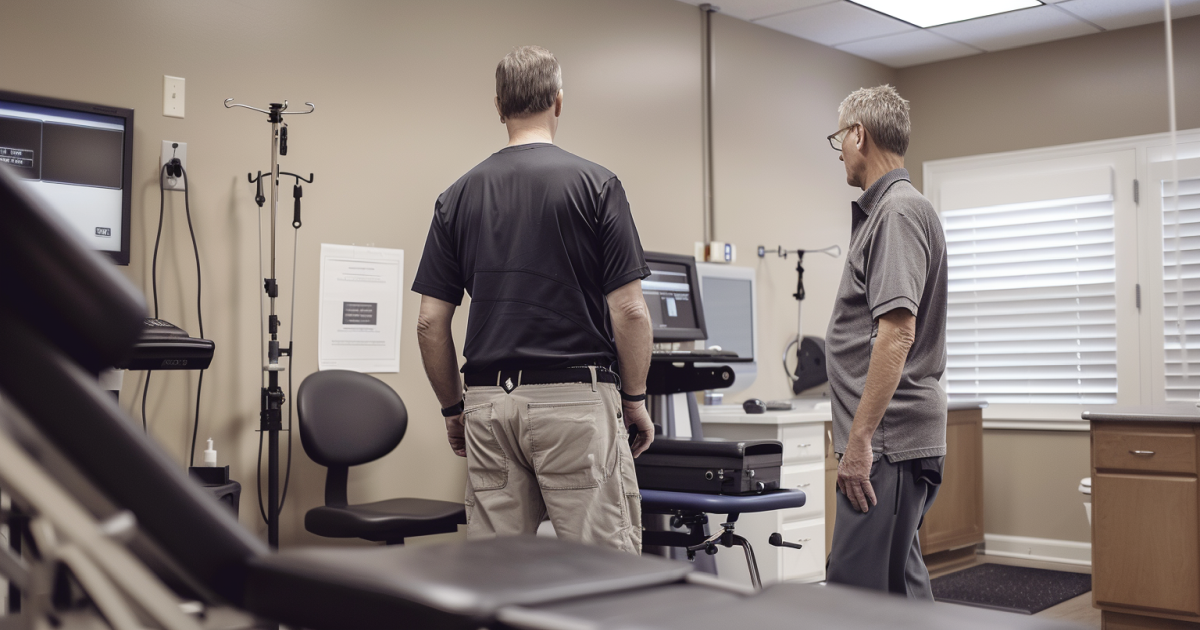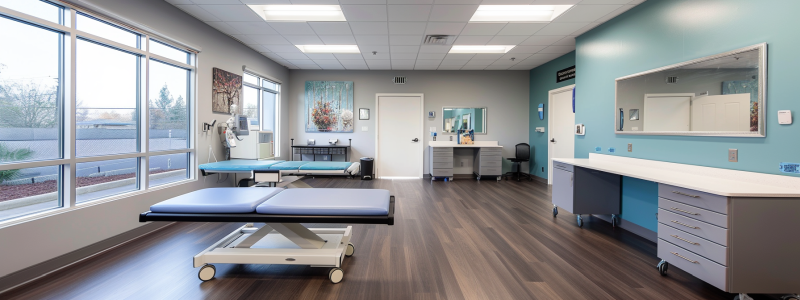If you’re considering Vivitrol for alcohol or opioid addiction treatment, one of the first questions you might have is: how much is the Vivitrol shot without insurance?
Understanding the cost of Vivitrol is essential, especially for those without insurance or with limited coverage. This guide provides a comprehensive look at the factors that influence Vivitrol pricing, financial assistance options, and how to access affordable treatment.
At CMAR in Denver, we’re committed to helping you find the support you need for lasting recovery.
What is Vivitrol?
Vivitrol is an injectable form of naltrexone, a medication approved by the FDA to treat alcohol and opioid dependence.
It’s administered as a monthly injection by a healthcare professional and is often used as part of a medication-assisted treatment (MAT) program.
Unlike some other MAT medications, Vivitrol is non-addictive and does not require daily dosing, making it a convenient option for many individuals.

Factors That Influence the Cost of Vivitrol
The cost of Vivitrol can vary significantly depending on several factors. Understanding these factors can help you better navigate the financial aspects of treatment:
- Geographic Location:
- The cost of healthcare services, including Vivitrol, can vary based on where you live. Urban areas with higher living costs may have higher prices for medical treatments.
- Provider Fees:
- Some clinics charge fees in addition to the medication’s cost for administering the injection, medical supervision, and follow-up care.
- Frequency of Treatment:
- Vivitrol is typically administered once a month. The cumulative cost can add up over time, so it’s important to plan for ongoing treatment.
- Additional Services:
- Many treatment programs include counseling, therapy, and medical evaluations, which can increase the overall cost.
- Pharmacy or Clinic Markups:
- Some pharmacies or clinics may charge higher prices for Vivitrol due to operational costs or profit margins.

Financial Assistance Options for Vivitrol
If you’re concerned about the cost of Vivitrol without insurance, there are several ways to make treatment more affordable:
- Patient Assistance Programs:
- Alkermes, the manufacturer of Vivitrol, offers the Pathways Program, which provides financial assistance to eligible patients. This program can significantly reduce or even cover the cost of Vivitrol for those who qualify.
- Sliding Scale Fees:
- Some clinics, including CMAR, offer sliding scale fees based on your income. This ensures that treatment is accessible to individuals regardless of their financial situation.
- Grants and Scholarships:
- Nonprofit organizations and government programs often provide grants or scholarships to help cover the cost of addiction treatment.
- Payment Plans:
- Many treatment centers offer flexible payment plans that allow you to spread out the cost of Vivitrol over time. This can make treatment more manageable for those on a tight budget.
- Community Health Centers:
- Federally funded health centers often provide low-cost or free addiction treatment services, including Vivitrol.
- State and Local Programs:
- Some states and local governments offer programs to help residents access affordable addiction treatment. Check with your local health department for more information.
Why Choose CMAR for Vivitrol Treatment in Denver, Colorado?
At Colorado Medication Assisted Recovery, we’re committed to making Vivitrol and other addiction treatment services accessible and affordable. Here’s what sets us apart:
- Expertise: Our team specializes in medication-assisted treatment, including Vivitrol, to help you achieve lasting recovery.
- Compassionate Care: We take a personalized approach to treatment, ensuring you receive the support you need.
- Affordable Options: We offer sliding scale fees, payment plans, and assistance with accessing patient aid programs.
- Local Focus: As a Denver-based provider, we’re dedicated to serving our community with high-quality, affordable care.

FAQs About Vivitrol Costs
Vivitrol is administered once a month. Ongoing treatment is often recommended for long-term recovery.
Yes, Vivitrol is a prescription medication. You should consult a healthcare provider to determine if it is right for you.
While there is no generic version of the injectable Vivitrol shot, oral naltrexone (the active ingredient) is available in generic form. However, the injectable version is often preferred for its convenience and effectiveness.
Yes, programs like Alkermes Pathways and local grants can help reduce or cover the cost of Vivitrol.
Other medications used in MAT include Suboxone (buprenorphine/naloxone) and methadone. Your healthcare provider can help you choose the best option for your needs.
Take the First Step Toward Affordable Vivitrol Treatment
The cost of Vivitrol without insurance can be a concern, but it shouldn’t stop you from seeking the treatment you need. With patient assistance programs, sliding scale fees, and other resources, Vivitrol can be more affordable than you think.
At CMAR in Denver, we’re here to help you access the care you need to achieve lasting recovery.
Don’t let cost stand in the way of your recovery. Contact CMAR today to learn about affordable Vivitrol treatment options and take the first step toward a healthier, sober life.






































